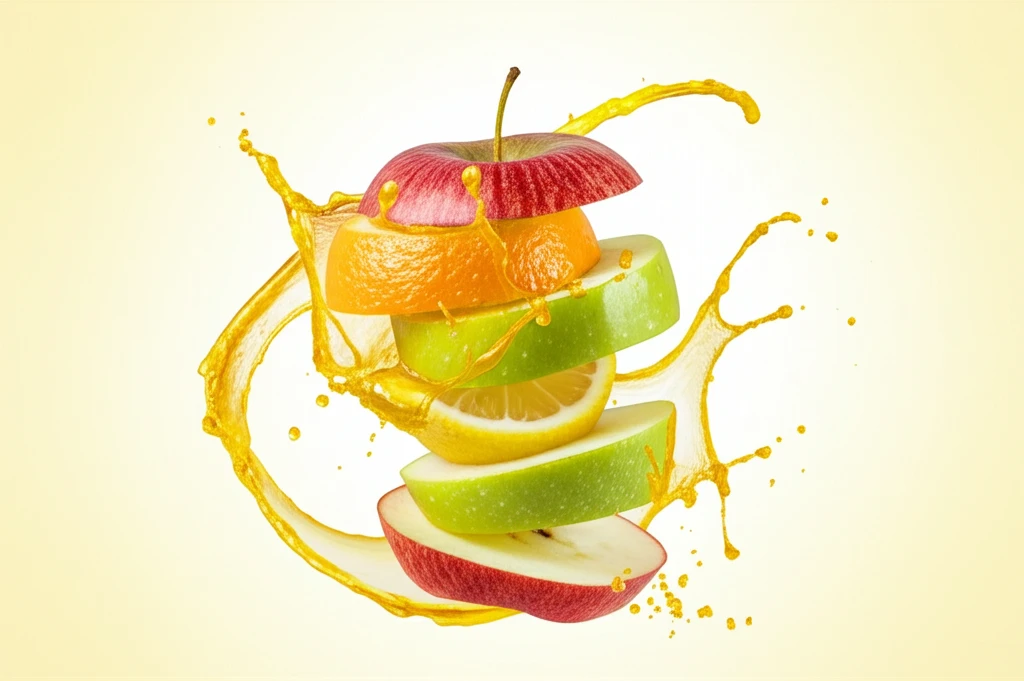
Unlocking Your Senses: Why Sensory Professionals Are Shaping the Future of Food, Products, and Experiences
"Dive into the world of sensory science and discover how sensory professionals are revolutionizing industries by understanding consumer perception and preference."
Have you ever wondered why you prefer one brand of coffee over another, or why a certain perfume evokes a specific memory? The answer lies in the realm of sensory science, a multidisciplinary field that explores how our senses – sight, smell, taste, touch, and hearing – influence our perception and preference. Sensory professionals are the experts who unlock these sensory secrets, helping companies create products and experiences that resonate with consumers on a deeper level.
Sensory science isn't just about subjective opinions; it's a rigorous, data-driven discipline that employs scientific methods to measure and analyze sensory responses. Sensory professionals use a variety of techniques, including sensory panels, consumer surveys, and instrumental analysis, to gather insights into how people perceive different products and stimuli. These insights are then used to inform product development, marketing strategies, and quality control processes.
In today's competitive market, understanding consumer preferences is crucial for success. Sensory professionals play a vital role in helping companies stay ahead of the curve by providing valuable insights into what consumers want and how they experience products. By leveraging the power of sensory science, businesses can create products that are not only functional but also enjoyable and memorable, leading to increased customer satisfaction and brand loyalty.
The Multifaceted Roles of Sensory Professionals: Beyond Taste Tests

Sensory professionals work in a wide range of industries, applying their expertise to diverse challenges. While many people associate sensory science with the food and beverage industry, sensory professionals are also in high demand in cosmetics, personal care, household products, and even automotive and technology sectors. Their roles can vary depending on the industry and company, but some common responsibilities include:
- Sensory Evaluation: Designing and conducting sensory tests to evaluate the sensory properties of products, such as appearance, aroma, texture, and taste.
- Consumer Research: Gathering consumer feedback on product preferences and perceptions through surveys, focus groups, and in-home use tests.
- Data Analysis: Analyzing sensory and consumer data to identify trends, patterns, and insights that can inform product development and marketing decisions.
- Product Development: Collaborating with product developers to create products that meet consumer sensory expectations and preferences.
- Quality Control: Ensuring that products consistently meet sensory quality standards through sensory testing and monitoring.
- Marketing and Communication: Providing sensory insights to marketing teams to help them create effective advertising campaigns and product positioning strategies.
The Future of Sensory Science: A World of Enhanced Experiences
As consumer expectations continue to rise, the demand for sensory expertise will only grow. Sensory professionals are poised to play an increasingly important role in shaping the products and experiences of the future. With advancements in technology and a growing understanding of the human senses, the field of sensory science is entering an exciting new era, promising a world of enhanced experiences that delight and satisfy consumers on every level.
